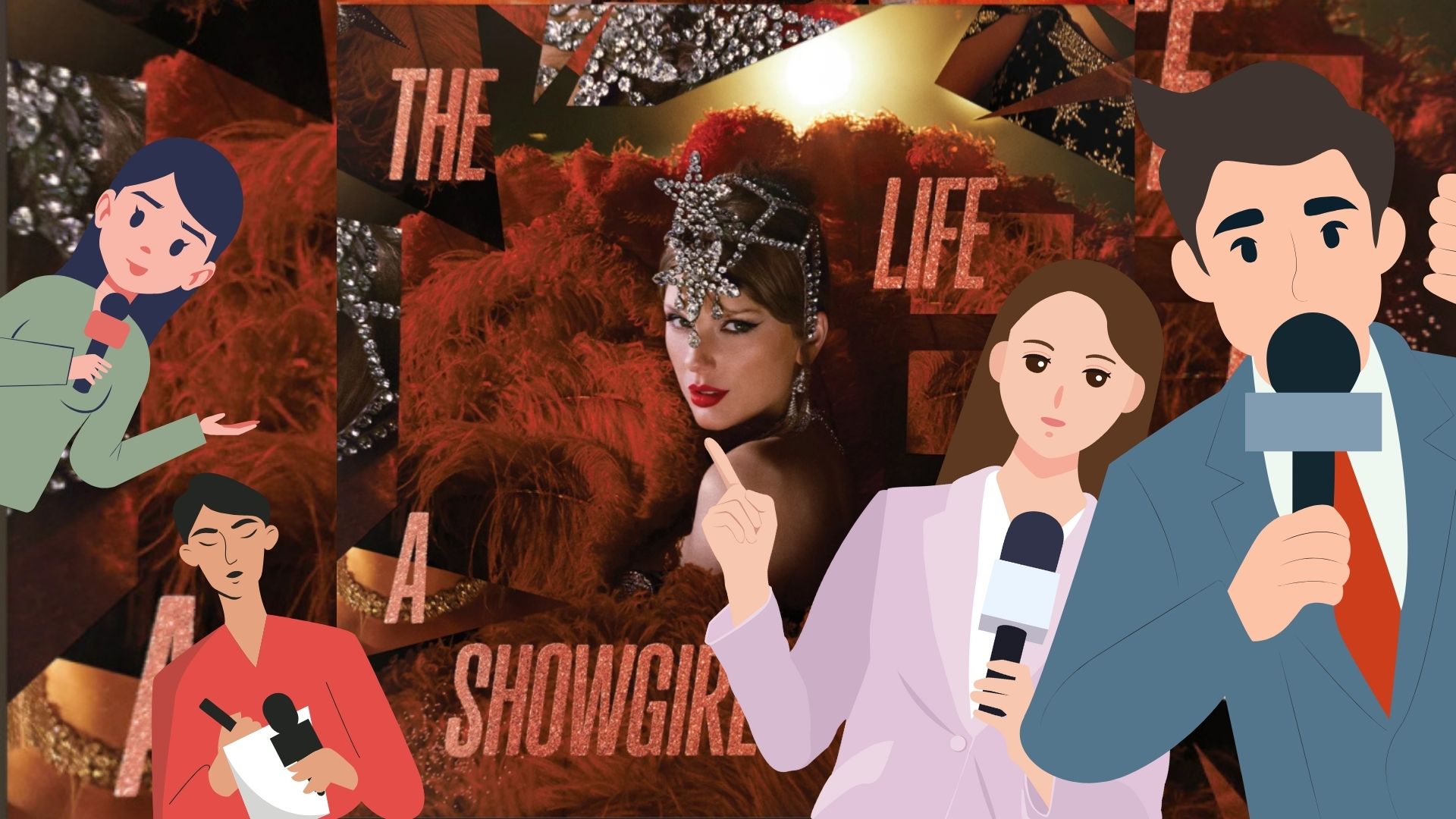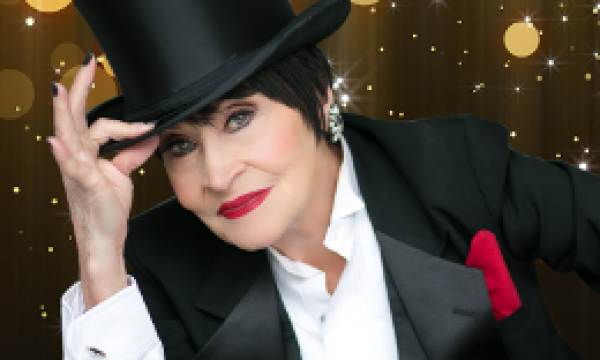Taylor Swift’s newest album has arrived with a storm of critical attention, and the reviews reveal a fascinating split in perception.
We listened to all 12 tracks and it’s a familiar sound. Nothing so catchy that you want to play one specific song on repeat.
What nearly everyone agrees on is that this record is a shift in mood: where her previous project sprawled in length and heavy emotion, this one is brighter, sharper, and deliberately playful. Critics repeatedly describe it as a pivot back toward sleek pop, with zippier songs, tighter edits, and a wink behind the lyricism.
Many reviewers celebrate the return to precision. They hear a collection of songs designed for replay, loaded with sticky hooks and buoyant production. Some single out the humor—songs that smirk at fame, romance, and the scrutiny that comes with being Taylor Swift. Variety even called it “the closest thing to a pure ray of sunshine” in her catalog, and Rolling Stone reportedly gave it a rare five-star rating. For these critics, the record feels like a savvy reset: confident, polished, and fun.
Others are more cautious in their praise. Outlets like The Guardian and The Washington Post point to a lower emotional temperature. Where Swift’s fans might expect heartbreak epics and confessional drama, here they find sparkle, mischief, and commentary delivered with a lighter hand. The result, for some, is that the songs charm but don’t always devastate. Several British papers landed on three-star reviews, acknowledging the craft but wishing for higher stakes.
Certain tracks have already become flashpoints. One cheeky, racy number has divided reviewers—some laugh with it, others dismiss it as thin. A meta song about pop-star narratives is seen as both clever and over-insider-y, depending on who you ask. And a late-album duet with Sabrina Carpenter is widely praised as a smart, generational pairing that underscores the album’s throughline of women supporting women.
When critics compare this album to her past eras, the contrasts are clear. It avoids the sprawling indulgence of The Tortured Poets Department, opting instead for clarity and brevity. It doesn’t attempt the hushed storytelling of folklore or evermore, nor does it chase the euphoric heartbreak highs of Red. Instead, it feels closer to the aerodynamic polish of 1989 or Midnights, but with more self-aware humor woven through.
In the end, the critical story is that this is a purposeful pivot. For those craving a tighter, more playful pop record, it’s a success. For those who long for the knife-twist catharsis of her heaviest work, it may feel lighter than expected. But no one doubts the intent: Taylor Swift knows how to change the temperature of the room, and this album proves she can trade grandeur for glitter without losing control of her narrative.














